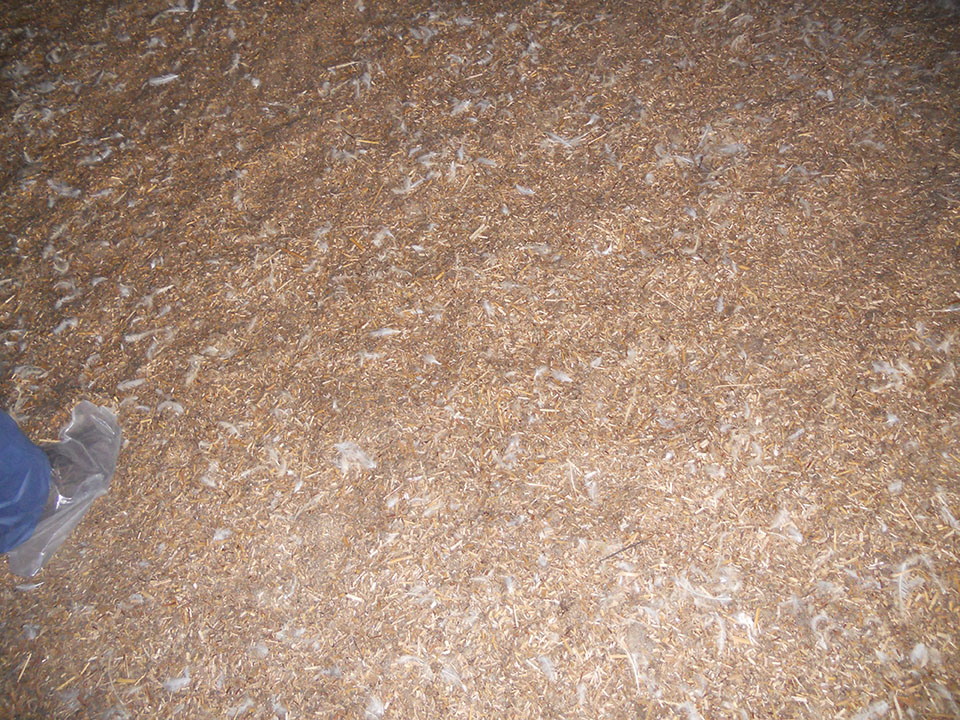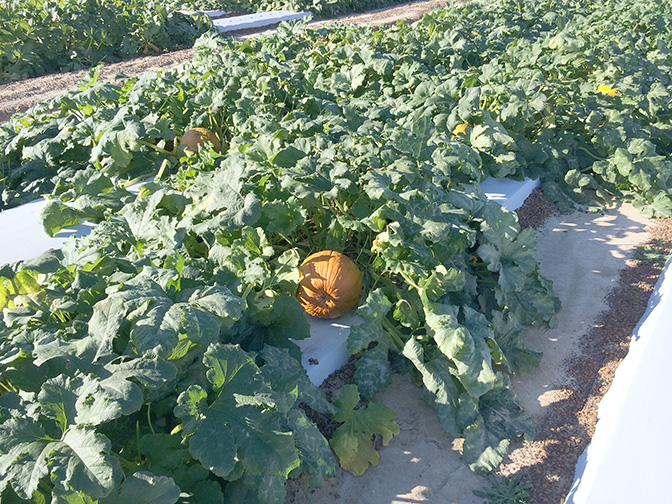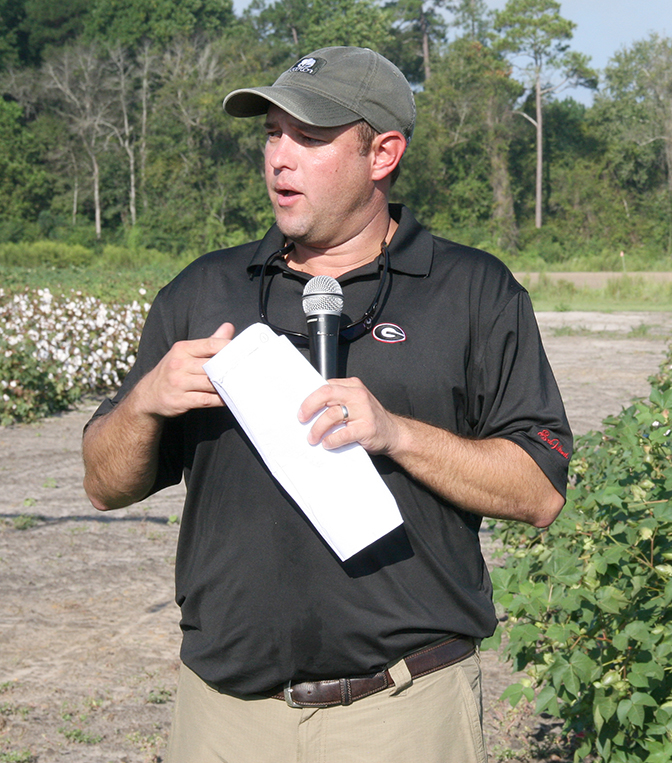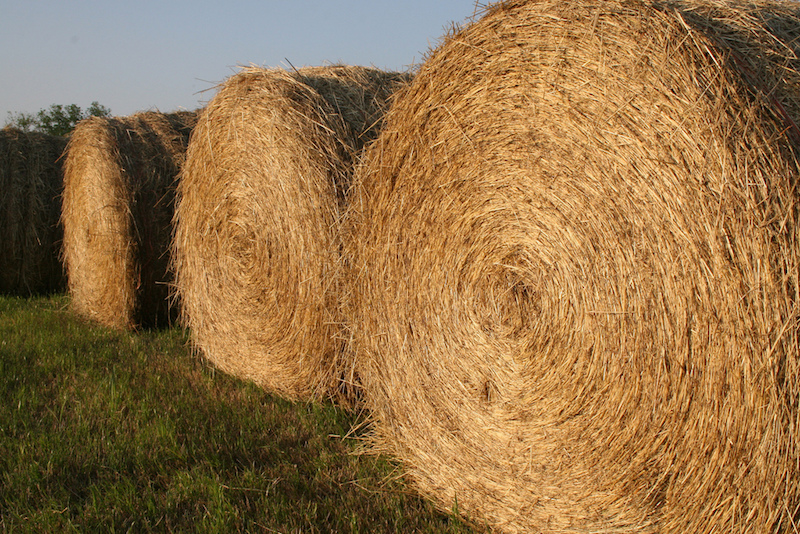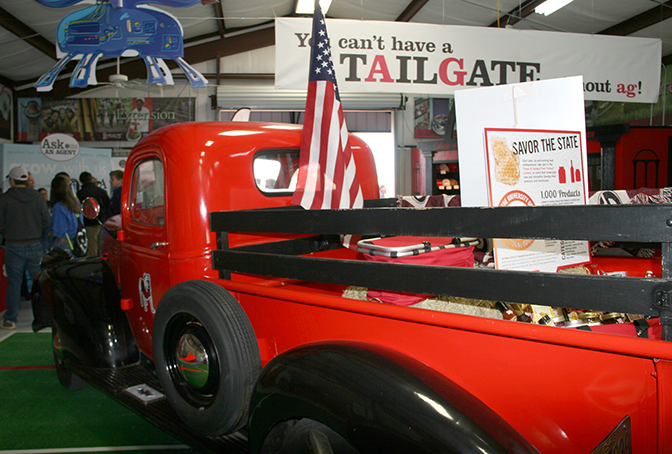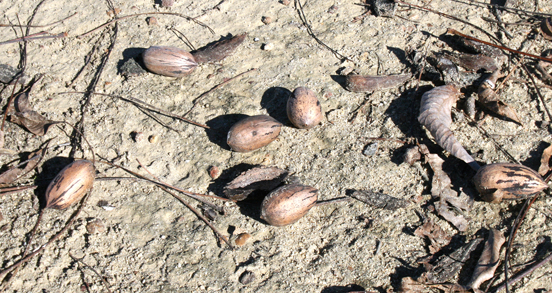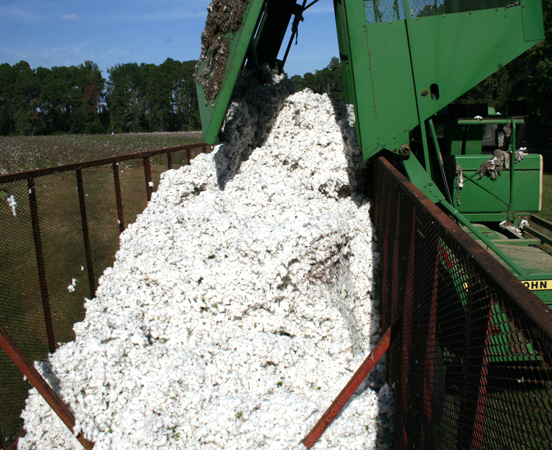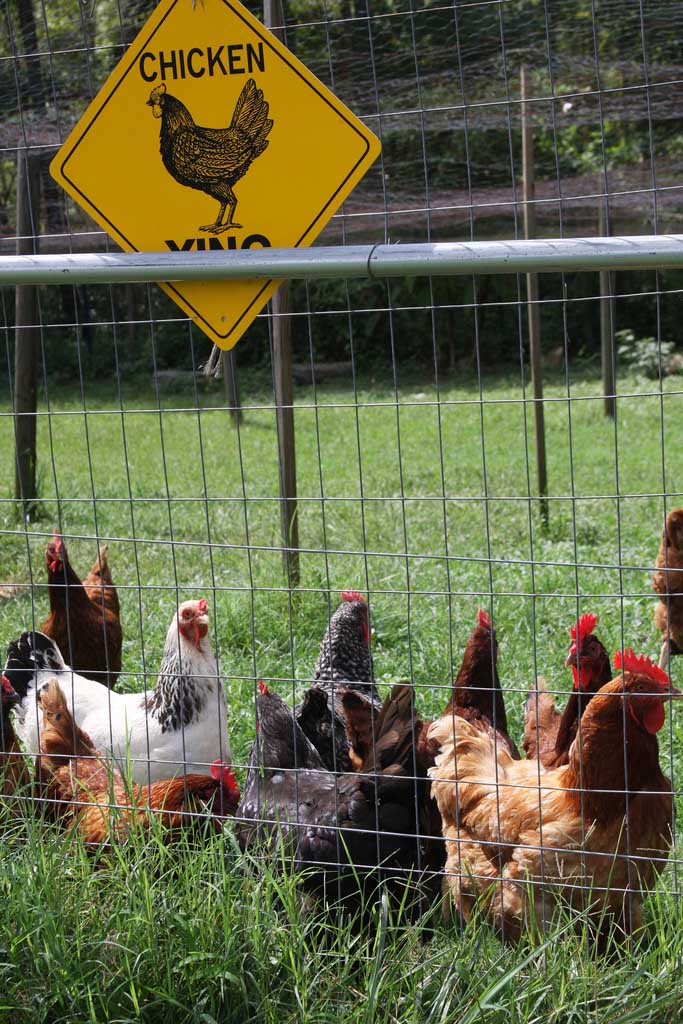 CAES News
CAES News
Avian Influenza
The current highly pathogenic avian influenza (HPAI) H5 outbreak in the United States is a concern for the commercial poultry industry, not the general population, says a University of Georgia poultry expert. Humans won’t be infected with avian influenza by eating chicken or other poultry products. Nearly all previous cases of human infections with other avian influenza viruses involved close, direct contact with infected poultry, but little to no direct transmission from person to person. While the HPAI H5 virus has caused some severe devastation for the U.S. commercial poultry industry, there have been no reports of infections in humans, and the Centers for Disease Control and Prevention (CDC) considers the risk to people from this virus to be low.

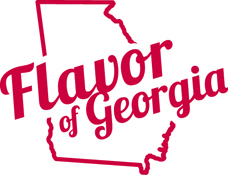
.jpg)
